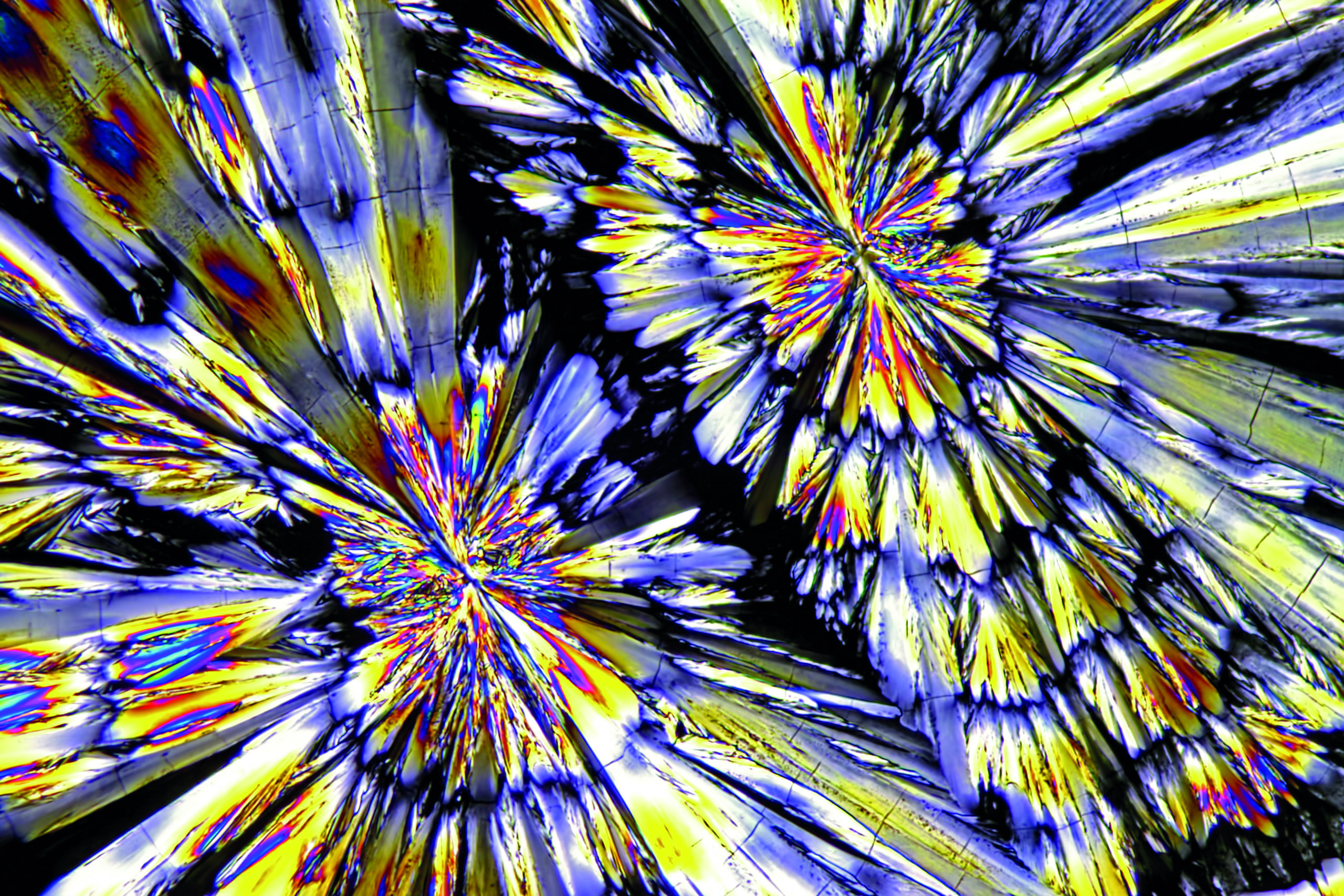
M I Walker / Science Photo Library
Some small studies have suggested that the anaesthetic, ketamine, could be effective for depressive disorders. However, there have not been any large-scale trials owing to financial and ethical factors.
In a study published in Scientific Reports
[1]
(online, 3 May 2017), researchers used data collected by the US Food and Drug Administration on adverse events in people treated for pain, including patients who received ketamine and those who received other drug combinations.
They found that patients treated with ketamine were less likely to report depression than those treated with other pain medications (log odds ratio [logOR] −0.67 ± 0.034), they were also less likely to report pain and opioid-induced side effects, such as constipation (logOR −0.17 ± 0.023), vomiting (logOR −0.16 ± 0.025), and nausea (logOR −0.45 ± 0.034).
The results support the exploration of ketamine as a monotherapy or adjunctive therapy for depression, the researchers conclude.
References
[1] Cohen IV, Maunts T, Atayee R et al. Population scale data reveals the antidepressant effects of ketamine and other therapeutics approved for non-psychiatric indications. Sci Rep 2017;7:1450. doi: 10.1038/s41598-017-01590-x


